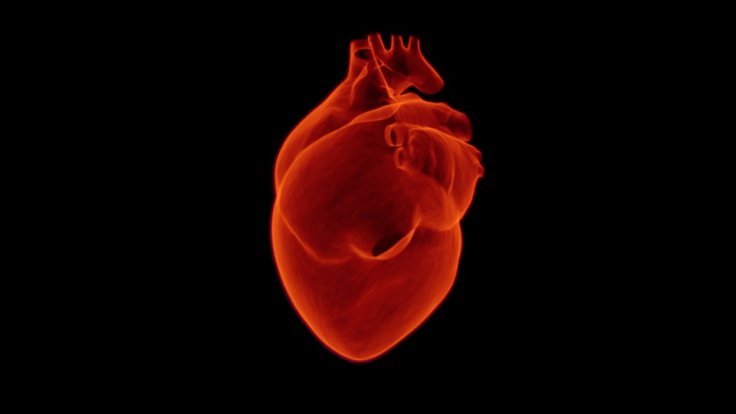New drugs against migraines block the neuropeptide αCGRP, which leads to vasodilation on the meninges. The same peptide that is formed in the muscles during physical activity protects the heart - which is vital for people with chronic high blood pressure.
The novel migraine prophylaxis is likely to be dangerous for them, as researchers at the University of Zurich have shown in mice. The neuropeptide αCGRP or α Calcitonin Gene-Related Peptide, works in two different ways. Directly at the point of release of the nerve cells - for example on the meninges - it leads to inflammation and dilates the blood vessels, which can cause migraine attacks. It affects the heart quite differently, as a team of researchers from the University of Zurich (UZH) has now found out.
Negative effect on the meninges, more positive on heart
As the scientists show from studies with mice, αCGRP is also released from the working skeletal muscles. It gets from the muscle to the heart via blood, where it inhibits the disease-causing changes in the heart caused by chronic high blood pressure.

"It's the same with humans as with the mouse: physical activity and exercise increase the blood plasma level of αCGRP, which has a positive effect on the heart if the blood pressure is increased," says study leader Johannes Vogel, professor at the Institute of Veterinary Physiology at UZH.
Therapy option for certain hypertensive patients
In their work, the researchers compared normal mice to those with chronic high blood pressure, who were either physically passive or repeatedly walked voluntarily. It was shown that normal concentrations of αCGRP in the blood plasma are essential for survival and that the positive effects of physical activity on the heart depend on the peptide.
ΑCGRP also protects the heart regardless of its hypotensive properties in higher doses. "In the future, substances that activate the release of αCGRP could be used in patients with high blood pressure who can only be physically very limited, or for whom antihypertensive drugs do not work or do little," explains Johannes Vogel.
Beware of migraine medication and chronic high blood pressure
The research also revealed another result: In mice with chronic high blood pressure, long-term administration of αCGRP blockers led to life-threatening cardiac dysfunction. Medications that specifically block the neuropeptide have recently been used for migraine prophylaxis. Since the neuropeptide αCGRP is very similar from zebrafish to humans, it must be a central biological mechanism that works in a comparable way in many organisms.
According to the cardiovascular specialist Vogel, the results are therefore also relevant for humans: "αCGRP blockers should only be used to prevent migraine if the patient's blood pressure is checked regularly.









